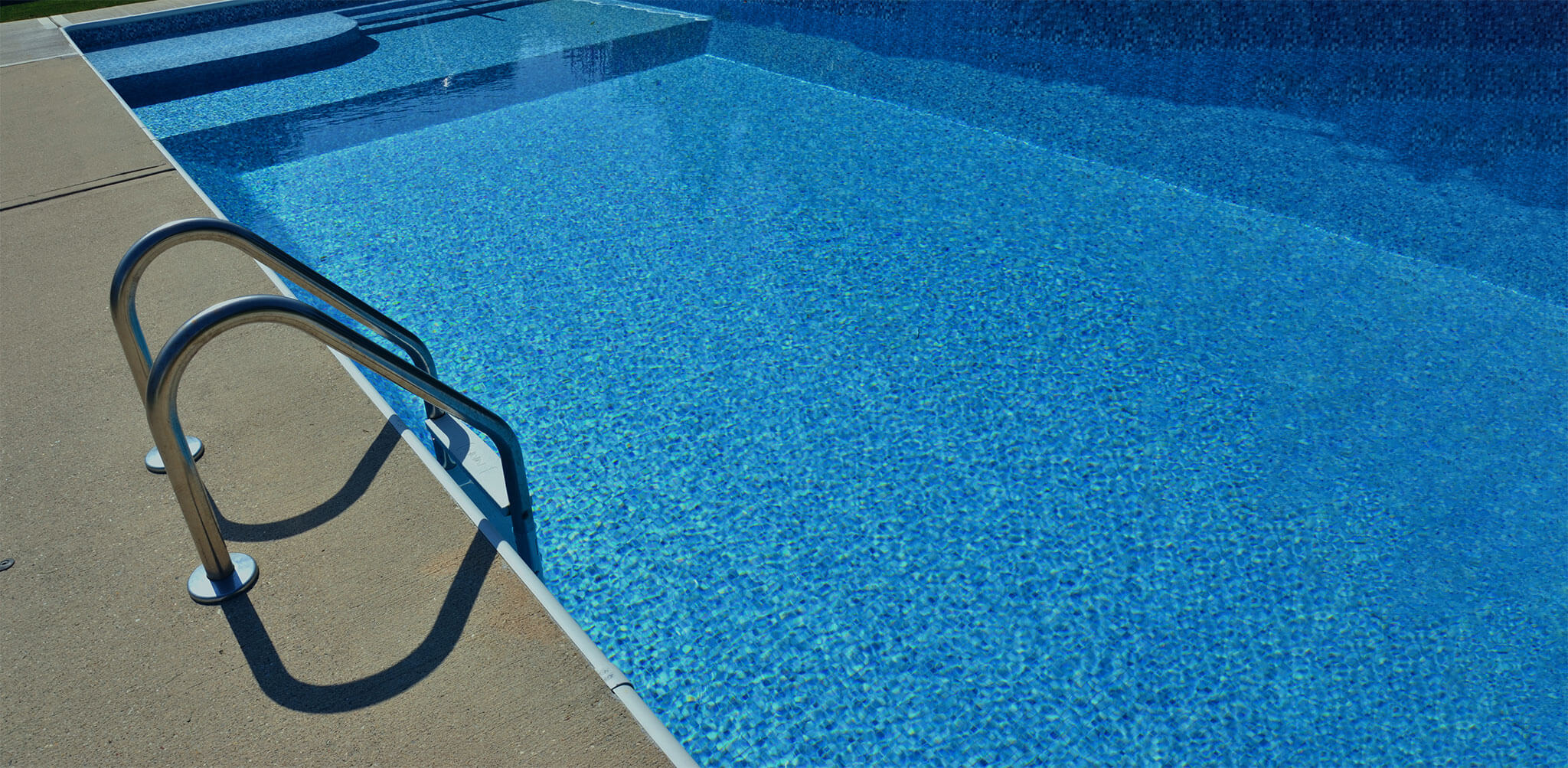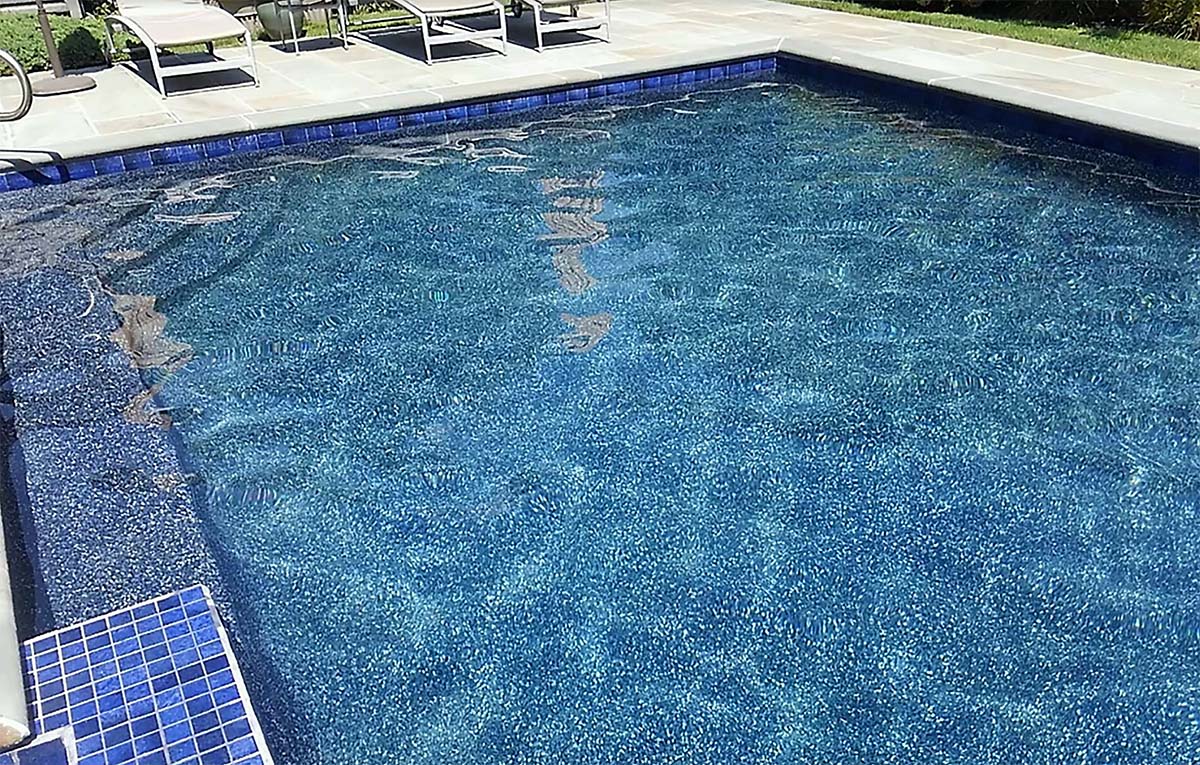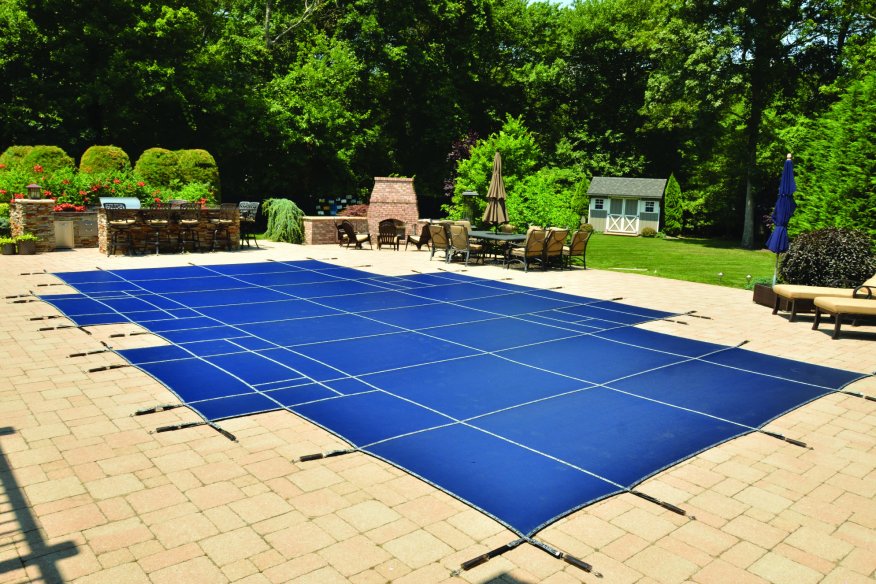Owning a swimming pool is one of the best ways to enjoy the luxuries of your home. But pools also come with significant responsibilities that require a level of care to keep your property as well as your family safe.
This level of care is evident in measures like safety covers , but that same level of quality and care should be placed on vinyl liners as well. If a vinyl liner is damaged or left with an unfixed issue, it can affect the structure of your pool which could lead to costly repairs, unhealthy water, or dangerous conditions for the rest of your property.
Let’s take a look at some of the biggest vinyl liner mistakes and what can cause pool liner damage so you know what to avoid while keeping your pool in tip-top shape!
Identify the Difference Between Natural Wear and Damage
First, we’ll start with some definitions. When assessing your liner, it’s important to know whether its condition has been affected by natural wear or unexpected damage.
Natural wear on a liner can look like pulling or warped patterns that may occur over time from water and personal use. Damage, on the other hand, may look more deliberate and can be seen as rips, holes, or punctures in your vinyl liner.
Most Common Vinyl Liner Mistakes & How to Avoid Them
Whether during the installation phase or throughout your regular pool maintenance, many mistakes can contribute to a liner’s deterioration. Here are a few of the most common mistakes or issues and what you can do to avoid them from happening to your pool liner.
- Not Fixing Leaks
If you want to keep your vinyl liner in the best shape possible, it’s important to routinely check for any damaged spots that could cause water leakage. Leaking water from your pool can trap water between your liner and the pool wall, causing your liner to separate. Not to mention, leaking water over time can lead to higher resource costs to replenish the wasted and treated water. To avoid this phenomenon, be sure to routinely examine your liner as well as areas like skimmers, steps, drains, and lights for any natural wear or unexpected damage so you can quickly get the repair you need. Have a leak? Learn More Here
- Over-Bleaching
One of the fastest ways to deteriorate a vinyl pool liner is by treating the water with too much chlorine. A high chlorine level over time is corrosive to the liner and can alter its plasticity. The best way to avoid over-bleaching is to regularly test your water and only shock the pool when needed. Generally, if your pool’s pH levels are healthy, shocking should only take place based on your pool water testing and advice of your local swimming pool professional. When it is time to shock, it’s always best to dissolve the pool shock in a container of water first, and then slowly add it around your pool. This will put less of a strain on your vinyl liner.
- Unbalanced Water
If your pool’s water quality is not evenly balanced, it can lead to over-acidity or calcium buildup that can significantly impact the health of your vinyl liner. For example, a consistently low pH level makes your pool water corrosive which can slowly break down the vinyl bonds in your liner, making the liner weaker and more prone to fading. Thankfully, you can easily combat this by testing your pool’s pH balance weekly and calcium hardness monthly. Staying on top of these levels will help you know what adjustments to make to keep your pool in a consistently healthy range.
How Long Should a Vinyl Pool Liner Last?
Typically, most in-ground vinyl pool liners last about 7 -10 years, but this range varies based on a number of factors. For example, the life of a vinyl pool liner depends on:
- How it is installed
- How often the pool is used
- The climate of its location
- How well the liner is maintained
- Water chemistry over time
When in Doubt, Call the Experts
One of the best decisions you can make for your vinyl liner is to trust the experts at Pools & Spas Service, Inc. If you’re looking to upgrade your liner or need some assistance with your current one, contact Pools & Spas Service, Inc!
From installation to maintenance, they we can help you every step of the way to ensure your pool is operating at its best. And that means less time worrying about pool repairs and more time relaxing in your personal backyard oasis.
















